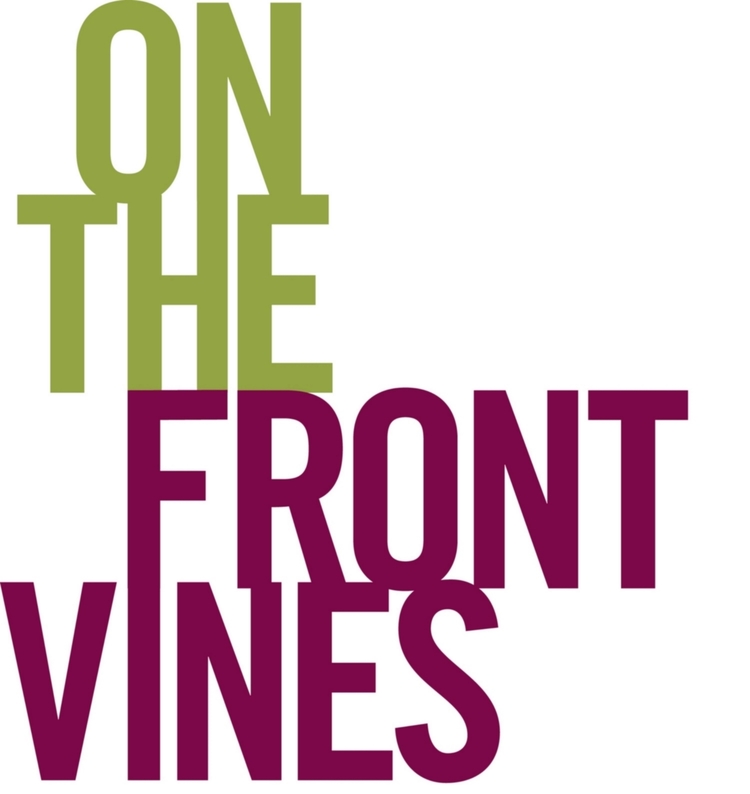Most wine spirit lovers have, at some point, seen the logo of the Concours Mondial de Bruxelles on the bottle in front of them. For me, it’s always represented a stamp of approval, conveying that that particular bottling has been tasted and vetted and judged to stand out among its peers. But beyond that, I was never terribly familiar with what the Concours actually was—where was it held? Who were the judges? How many products were considered for each competition?
All of my questions were answered this past winter, when I had the opportunity to attend a lunch at the elegant Armani Ristorante New York, hosted by Thomas Costenoble, Oenologist and Director of the Concours Mondial de Bruxelles, during which my fellow attendees and I had the chance to taste a broad range of wine and spirits that had been awarded Silver, Gold, or Grand Gold Medals.
What struck me first was the phenomenal geographical diversity represented—I expected to taste standout bottlings from France and Italy, but what surprised me was the quality representation from other countries, too—Bulgaria, for example, or Algeria, both of which made very positive statements with their wines at the lunch.
And that’s what really sets the Concours apart—the breadth of countries whose products are considered by the judges. It’s a truly international competition, with more than 320 judges hailing from 50 countries, and nearly 9,000 wines and spirits under consideration, representing 48 different nations. (The 2016 Concours Mondial de Bruxelles will be held in Plovdiv, Bulgaria, and will feature an even greater range of products than in the past.)
That sense of diversity is, it seems to me, one of the keys to the growing success of the Concours, which is about to enter its 23rd year. That, and the rigorous checks on the judges’ palates that are conducted in order to ensure that each product is afforded a full and fair judgement of its merits.
Among the wines that I enjoyed most were the lime-, lemongrass-, and candied ginger-laced Vollereaux Brut Reserve Champagne (Gold Medal winner); the kumquat- and herb-zipped Domaine du Chapitre Sauvignon Blanc 2014 from France’s Touraine (Grand Gold Medal winner); the dense, delicious “Version Plaisir Divin” Cabernet Franc 2013 from Vinzavod Ad Assenovgrad in the Thracian Valley of Bulgaria (Silver Medal winner), bursting with cigar tobacco, purple fruit, and espresso; the spicy cherry and chocolate notes of the “Koutobia” Grenache - Cinsault from Les Grands Crus de l’Ouest Algérien in the Coteaux de Mascara appellation of Algeria (Gold Medal winner); and many more, including the beguiling Gran Orendain Blanco from Tequila Orendain de Jalisco SA de CV (Grand Gold Medal winner).
All of these vary widely in style and origin, but what ties them together is the pleasure they provide, their highly successful production, and the message that they send to consumers: Excellent wines and spirits are found in a far wider swath of the planet than most of us realize, and it benefits us all to taste as broadly, and with as open a mind, as possible. The Concours Mondial de Bruxelles is an excellent, reliable guide as you explore the world of wines and spirits.

